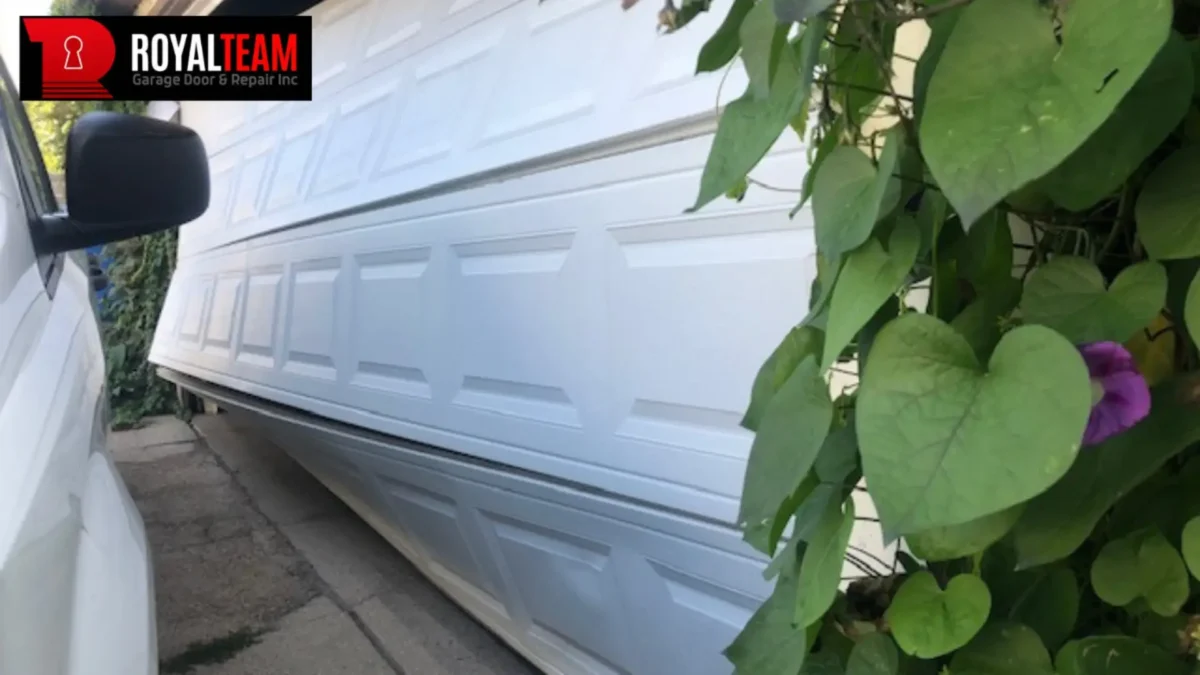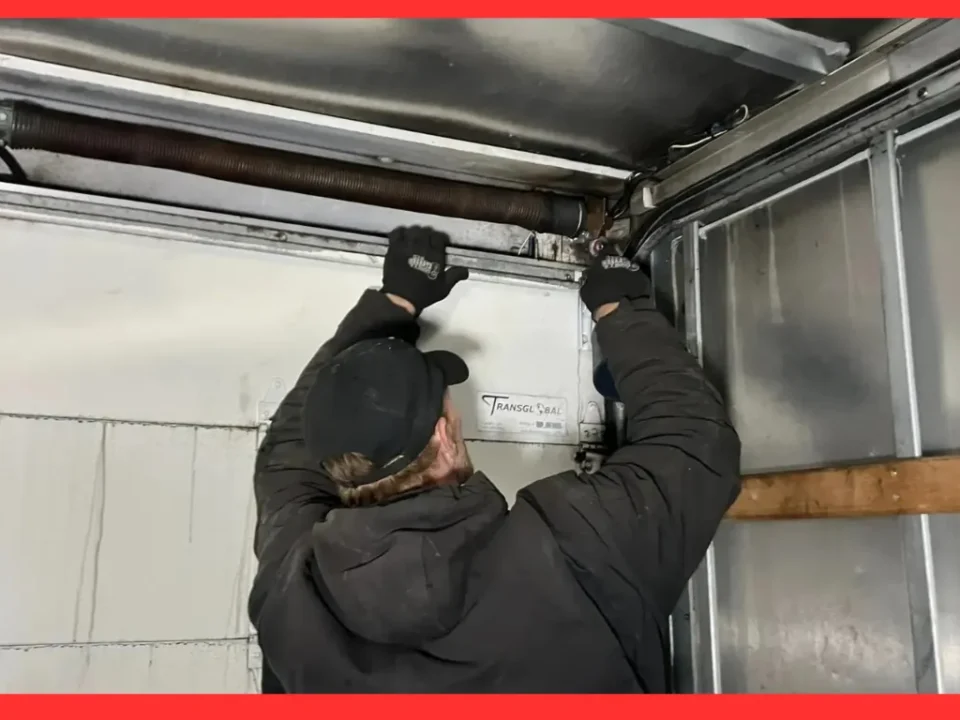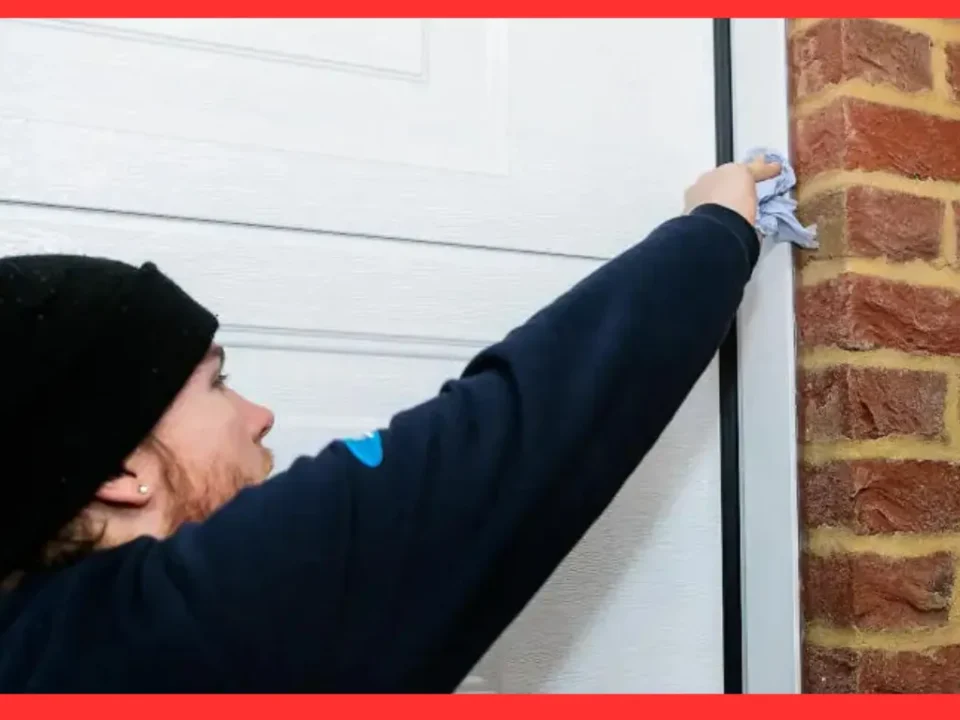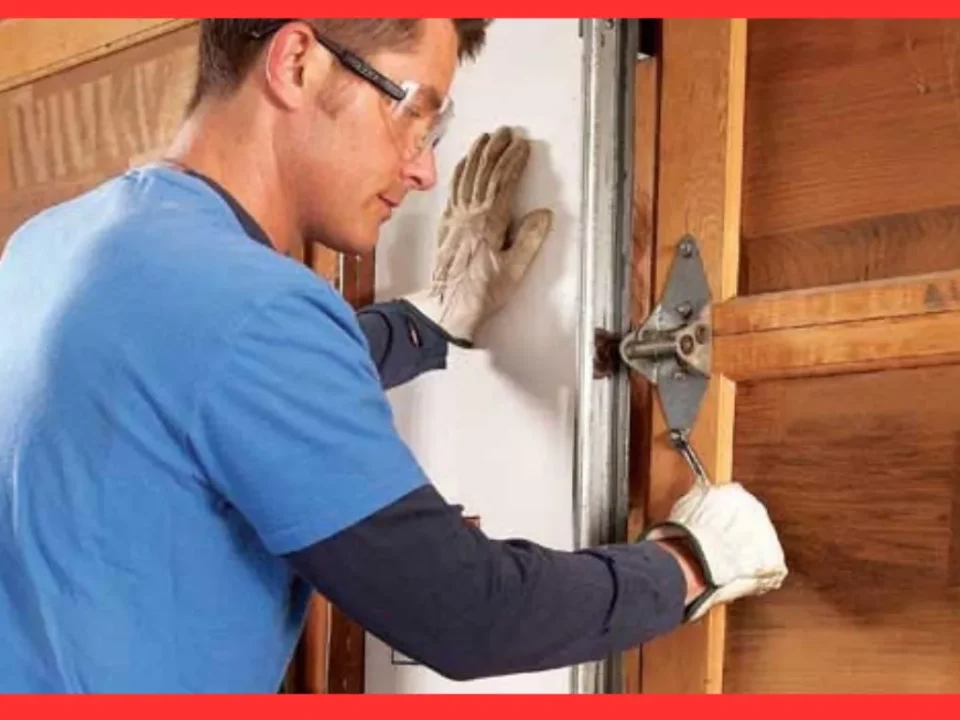- Call us for a FREE Estimate. Dial NOW
- (800) 778-5512
Electrical vs. Mechanical Issues: Diagnosing Garage Door Problems

Understanding the Role of Springs in Garage Door Repair
December 13, 2024
Step into Glamour at The Beverly Hills Hotel in Beverly Hills, CA: Iconic Elegance and History
December 14, 2024Modern garage doors rely heavily on electrical systems for smooth operation. From the motorized opener to safety sensors, these components ensure convenience and safety. However, electrical issues, such as a faulty remote control or disrupted power supply, can lead to sudden malfunctions. Identifying these problems often requires professional diagnostics, emphasizing the importance of timely garage door repair to restore functionality.
Common Mechanical Failures in Garage Doors
While electrical systems are vital, mechanical components bear the brunt of daily use. Springs, tracks, and rollers experience constant wear, which can result in sticking doors, unusual noises, or complete operational failure. These mechanical problems are among the most common reasons homeowners seek garage door repair. Regular maintenance, including lubrication and inspections, can help mitigate these issues and extend the life of the door.
Differentiating Electrical and Mechanical Issues
Understanding whether a garage door problem stems from electrical or mechanical causes is crucial for effective troubleshooting. A door that refuses to respond to remote commands may indicate a sensor or wiring issue, while uneven movement or grinding noises often point to mechanical wear. Homeowners should avoid attempting DIY fixes and instead consult professionals who specialize in garage door repair for accurate diagnosis and resolution.
The Importance of Integrated Repairs
Electrical and mechanical systems in garage doors are interdependent, meaning a failure in one can impact the other. For instance, a misaligned track can strain the motor, while a power surge might damage both wiring and mechanical components. Comprehensive garage door repair addresses all underlying issues to ensure seamless performance, preventing further complications down the line.
By understanding the distinction between electrical and mechanical problems, homeowners can better communicate their concerns to repair professionals. Proactive care and timely interventions are key to maintaining a reliable garage door system.
Learn more:
Understanding the Role of Springs in Garage Door Repair





